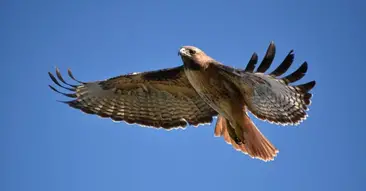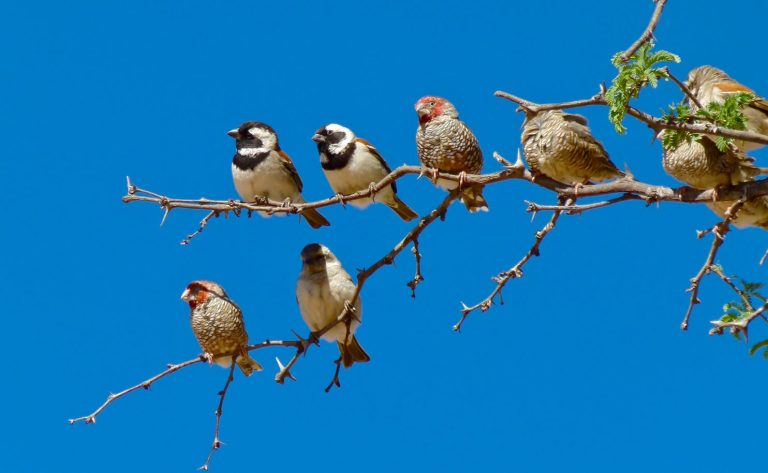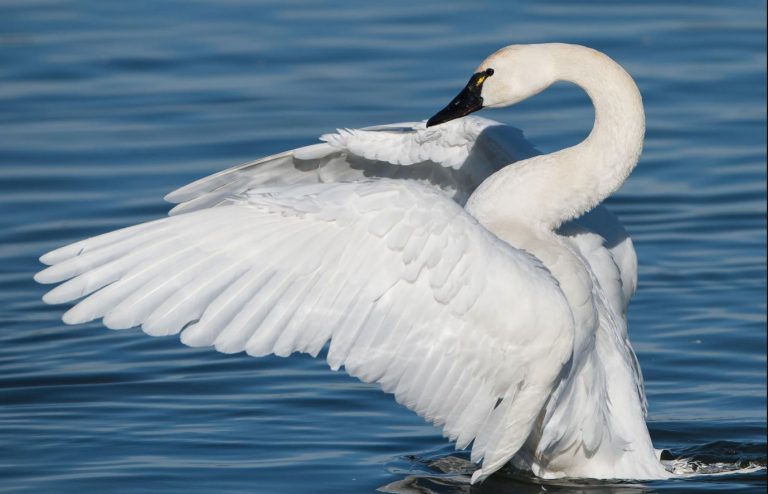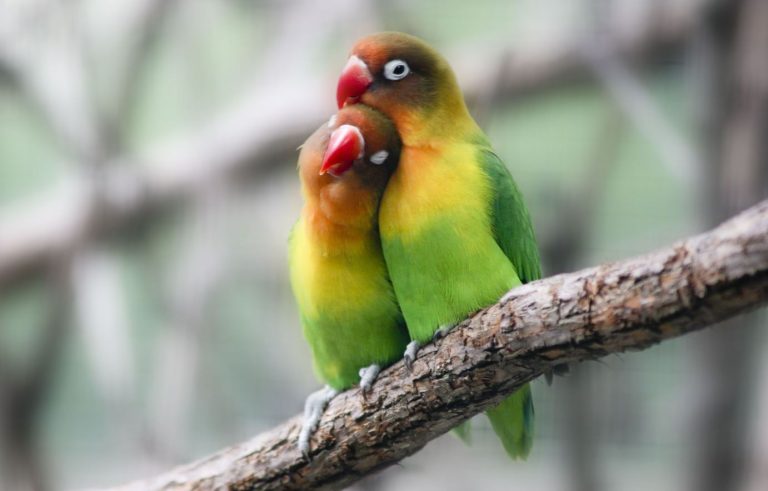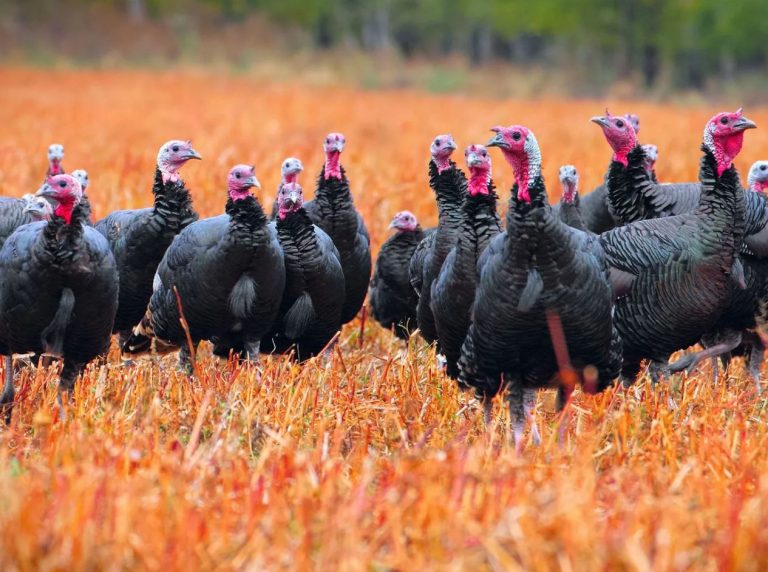Why Do Swans Kill Themselves? The Truth Behind a Heartbreaking Myth
Introduction: The Tragic Stillness of a Swan
It was a quiet, grey morning when I first witnessed a mute swan lingering alone at the edge of a reed-filled lake in East Yorkshire. Its mate had been lost to a fox just days prior. I returned daily to check on the bird, hoping it had rejoined a flock or found new company. But it didn’t. Instead, it stayed in that same lonely spot, head tucked, body still. A week later, I found it lifeless in the reeds.
“Did it… die of a broken heart?” someone whispered when I told the story.
This question echoes through folklore, headlines, and even scientific inquiry: Why do swans kill themselves? Is it myth, misinterpretation—or is there truth in the idea that swans can, quite literally, die from grief?
Let’s explore what science, observation, and empathy can teach us about this haunting question.
1. The Short Answer: Swans Don’t “Kill” Themselves—But Grief Can Be Deadly
First, let’s be clear: Swans do not commit suicide in the human sense. They lack the self-awareness and future-oriented cognition required for what we define as intentional self-harm. But that doesn’t mean they don’t experience grief, depression-like behavior, or even death due to emotional trauma.
According to Dr. Anna Wilkinson, a comparative cognition researcher at the University of Lincoln, “While animals like swans may not possess the human concept of suicide, they do show significant behavioral and physiological responses to loss.”
In other words: swans may not intend to die—but grief can affect them in very real, sometimes fatal, ways.
2. The Power of Pair Bonds: A Swan’s Lifelong Love
Swans are famously monogamous. Once paired, they stay together for life—up to 20 years or more. These bonds go beyond mating:
- They forage together
- Defend territory as a team
- Raise young in cooperative roles
- Vocalize to maintain connection
- Engage in synchronous swimming and preening
When one mate dies, the survivor often experiences a dramatic change in behavior, including:
- Withdrawal from social groups
- Refusal to eat
- Increased vocalizations or silence
- Lethargy or reduced grooming
- Staying in the area where the mate died
These aren’t random actions—they’re signs of distress. Just as elephants mourn their dead and dogs may wait at their owner’s grave, swans too may grieve in their own way.
3. Documented Cases That Fueled the Myth
There are several widely shared stories that give rise to the phrase “swans kill themselves”:
🕊️ Manchester, UK (2019):
A mother swan died shortly after her eggs were smashed by vandals. Witnesses claimed she appeared disoriented, stopped eating, and died days later. Media outlets described it as a death from “a broken heart.”
🕊️ Turkey (2020):
A widowed swan was filmed waiting in the same field every day after its mate died, refusing to fly away. Locals said the swan later disappeared and was found lifeless.
🕊️ India (2008):
A mute swan reportedly died weeks after losing its lifelong mate. Zookeepers noticed it had refused food and shown signs of stress.
These stories are emotionally compelling—but they blur the line between anthropomorphic interpretation and genuine ethological insight. Still, they’re not isolated.
4. The Biology of Grief: Stress Can Kill
Grief, in biological terms, can trigger cascading failures in an animal’s body.
When a swan loses its mate:
- Cortisol levels (stress hormones) rise
- Appetite may diminish
- Immunity weakens
- Depression-like behavior sets in
If the environment is harsh—cold weather, lack of food, or isolation—the bird may succumb not to “suicide,” but to stress-related mortality.
The RSPB (Royal Society for the Protection of Birds) notes: “We’ve seen cases where a swan will pine after its mate. It can lead to declining health and even death.”
So while the act isn’t intentional, the outcome is heartbreakingly similar.
5. Do All Swans React This Way? No—But Some Are More Vulnerable
Just as people respond differently to grief, so do swans.
Factors that affect how swans cope with loss:
- Age (older birds are more bonded and may suffer more)
- Time spent paired (decades-long bonds are harder to break)
- Presence of cygnets (some focus on parenting and survive longer)
- Social structure (swans with access to flocks may re-pair)
Some swans re-pair within months, especially if they are still in their reproductive prime. Others remain alone indefinitely.
So while some may “waste away,” others adapt and continue on. It’s not a rule—it’s a reflection of complexity in animal emotion.
6. Anthropomorphism: Romanticizing the Swan’s Sorrow
Much of the “suicidal swan” narrative stems from anthropomorphism—the tendency to project human emotions and reasoning onto animals.
Swans have long been symbols of:
- Eternal love
- Grace and fidelity
- Tragic beauty
From Tchaikovsky’s Swan Lake to medieval love poetry, we have cast swans in a human light. So when one dies after its mate’s death, our romantic instincts fill in the story.
And while science rightly warns us against over-interpreting, it’s important to balance skepticism with compassion. Observing an animal’s behavior through a lens of empathy doesn’t mean we’re always wrong—it might just mean we’re seeing something real, but not fully understood yet.
7. Can You Help a Grieving Swan?
If you come across a widowed or distressed swan in the wild, here’s what you can do:
- Observe quietly from a distance
- Avoid feeding processed food (offer greens, cracked corn, or grains if necessary)
- Report concerning behavior (lethargy, visible injury, or refusal to move) to local wildlife authorities
- Never try to pair swans manually—they choose their mates naturally, and interference can stress them
Wildlife rehab centers may sometimes take in grieving swans if they stop eating or are injured. In some cases, widowed swans have recovered and even accepted new mates after a period of mourning.
8. What This Teaches Us About Avian Emotion
As a birdwatcher, I’ve long believed birds experience a spectrum of emotion—not identical to ours, but real nonetheless.
Watching swans—silent, steady, and socially bonded—has taught me:
- Grief is not exclusive to humans
- Love, even in the animal world, can carry weight
- Solitude after loss isn’t weakness—it’s part of healing
Whether or not we call it suicide, we must recognize that swans are emotionally complex creatures. To deny them this would be to ignore decades of behavioral observation and ethological evidence.
Summary Table: Reasons Behind Swan “Suicide” Myth
| Factor | Description | Intentional? | Scientific Basis? | Observed in Wild? |
|---|---|---|---|---|
| Grief from losing a mate | Swans form lifelong bonds; loss may trigger distress | ❌ No | ✅ Yes (stress response) | ✅ Yes |
| Withdrawal and isolation | Refusing food, staying alone, avoiding interaction | ❌ No | ✅ Yes | ✅ Yes |
| Stress-related death | High cortisol levels weaken immune system | ❌ No | ✅ Strong evidence | ✅ Yes |
| Romanticized media stories | Stories of swans “dying of heartbreak” are often emotional, not scientific | ❌ No | ⚠️ Limited | ✅ Popularized |
| Variation by individual | Some swans re-pair, others remain alone or show prolonged distress | ❌ No | ✅ Yes | ✅ Yes |
Final Thoughts: Between Myth and Mourning
So, why do swans kill themselves?
They don’t—at least, not by choice or in the way we humans might imagine. But swans do grieve. And sometimes, that grief is so deep, so complete, that their bodies follow where their hearts have gone.
It’s a powerful reminder that in nature, bonds matter. And that even without words, animals feel.
As observers, caretakers, and fellow beings, we owe them not just admiration—but respect, compassion, and space to mourn.
FAQs
❓Do swans actually kill themselves?
Not in the human sense. Swans do not commit intentional suicide, but extreme grief after losing a mate can cause them to stop eating, isolate themselves, and eventually die from stress-related factors.
❓Can swans die from a broken heart?
Yes—indirectly. Swans form lifelong pair bonds. When a mate dies, the surviving swan may experience deep distress that weakens its immune system and leads to health decline, even death.
❓Do all swans grieve after losing a mate?
Most swans grieve to some extent, but reactions vary. Some re-pair quickly, while others remain solitary and show visible mourning behaviors such as vocalizing less, eating less, or isolating.
❓Are there documented cases of swans dying after loss?
Yes. Several widely reported incidents show swans dying shortly after losing mates or eggs. Though not suicide, these cases are believed to result from intense grief and physiological stress.
❓How long do swans mourn?
Mourning periods vary. Some swans recover and find new mates within months; others may stay alone for years or for the rest of their lives, especially older individuals.
❓Can humans help a grieving swan?
Indirectly. Avoid disturbing them, report concerning behavior to wildlife agencies, and provide a safe, quiet environment. Swans need space and time to adjust after loss.
Read Also: Why Did the Dodo Bird Go Extinct? The Tragic Tale of Nature’s Most Famous Loss


